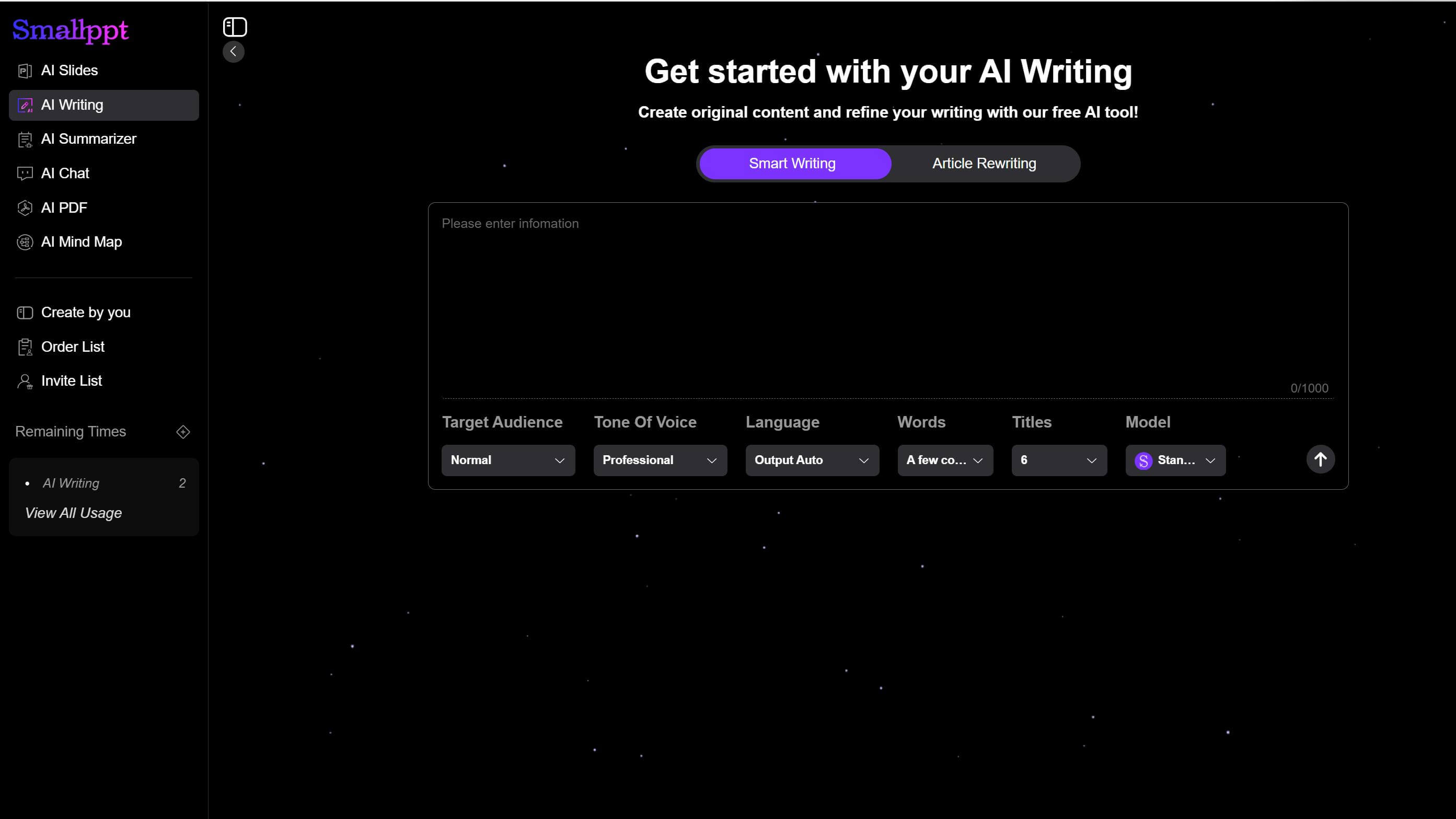
Through communication with AI and providing it with relevant data, it can not only accurately capture audience needs but also ensure that every promotion resonates deeply. Understanding how to leverage AI to build more impactful marketing campaigns can empower marketers or businesses to achieve precise user targeting and personalized recommendations, thereby enhancing brand influence and commercial conversion rates.
Continue reading, and discover how to create and strengthen effective marketing campaigns with AI.
What is a Marketing Campaign?
A marketing campaign refers to a series of activities planned, organized, and executed by a business or organization.
These targeted actions aim to convey the value propositions of products or services to target customers. Ultimately, they drive sales, enhance brand awareness, strengthen customer loyalty, and achieve broader business objectives.
Ways to Use AI in Marketing
1. Optimize Campaign Themes with AI
AI leverages machine learning and big data analytics to generate multiple theme variations based on keyword combinations, tone styles, and emotional appeals. This ensures themes capture the audience's attention more effectively.
Example:
Provide AI Chat with these instructions:
Keyword Combination: Limited-time discount + quality upgrade + urgency;
Tone Style: Enthusiastic and direct + benefit-driven;
Emotional Appeal: Achievement in seizing exclusive offers.
AI then generates options like:
"Countdown Frenzy! Premium Goods at 30% Off—Grab Early-Bird Perks Now! First Come, First Served!"
2. Mine and Analyze Customers with AI
AI integrates and analyzes fragmented user data from social media, e-commerce platforms, and search engines. By examining historical data, it deduces customer purchase behaviors, patterns, and preferences.
Further, it can predict future trends, forecast customer needs and purchase intent, and identifies high churn-risk customers early. This enables businesses or marketers to refine their marketing strategies proactively.
3. Create Resonant Content with AI
AI can inspire creators by analyzing vast volumes of high-quality copywriting and creative works.
Leveraging natural language processing capabilities, it optimizes existing content through grammar checks, vocabulary refinement, and sentence restructuring, ensuring messages are conveyed smoothly, naturally, and with emotional accuracy.
Marketers can use tools like Smallppt’s AI Writing to draft campaign proposals. By intelligently analyzing industry trends and user pain points, these tools rapidly generate logically structured, benefit-focused frameworks, significantly reducing planning time.
4. Replacing Complex Manual Tasks with AI
Customer service is integral to digital marketing. With AI, this function becomes smarter and more efficient.
Through natural language processing, AI understands user intent comprehensively. It can deliver 24/7 support, providing immediate responses.
AI can help deal with some basic, routine, non-customized inquiries and then hand over complex problems to humans, which can greatly improve the efficiency of communication and problem-solving.
5. AI-Driven Virtual Marketing
Virtual spokespersons and idol campaigns are increasingly vital for engaging younger audiences.
For example, Prada introduced a new virtual idol, “Candy,” for its Candy fragrance campaign.
Virtual influencers like Miquela Sousa modeled at Prada runway shows, and Noonoouri appeared on the cover of Vogue Me. These examples demonstrate their expanding influence in fashion.
6. AI-Powered Visual Enhancement for Marketing
For marketing campaigns requiring presentations, when conducting marketing activities, you may need to use presentations. tools like Smallppt’s AI Slides can accelerate creation.
Simply input your campaign theme, or upload existing text or audio content, and it will fill in the text content for you or condense the document you provided, and quickly generate a set of presentations based on your personalized needs.
AI art generators like ChatGPT, Midjourney, and Stable Diffusion can create high-quality visuals from text descriptions, dramatically reducing design time and resource costs.

Challenges and Risks Brought by AI
Data Privacy and Security
AI systems typically require massive datasets as the foundation for machine learning. These datasets often contain sensitive information, such as end-users’ personal details.
Companies lacking comprehensive data governance protocols are vulnerable to data leakage incidents. Such breaches expose sensitive user information to unauthorized access.
Data Quality Impact
The accuracy of AI systems relies heavily on data quality. Biased, erroneous, or incomplete data can result in flawed decisions. These errors may trigger marketing campaign failures, wasting both time and financial resources.
Risks of Misleading Content and Manipulation
AI-generated smaterials, such as virtual spokespersons or synthetic media like deepfakes, may deceive consumers. This undermines consumer rights and erodes trust in digital experiences.
Suppressing Innovative Thinking
When brands excessively depend on AI for marketing strategies, they risk creating repetitive campaigns. Standardized ad templates and formulaic personalized messaging can lead to an "algorithmic echo chamber." This convergence stifles genuine creative breakthroughs within the market.
Explore More About Smallppt
Smallppt offers five core features to meet diverse needs:
AI Slides: Automatically generates logically structured presentations based on your topic. It handles text formatting and chart recommendations with one click, saving time for strategic marketing planning.
AI Writing: Whether it is creative planning or marketing strategy, it can efficiently output professional and infectious expressions, so that content creation is no longer limited by the lack of inspiration.
AI Summarizer: Quickly distills key insights from complex marketing proposals, delivering concise summaries that help teams grasp core concepts instantly.
AI Chat: It provides real-time solutions to marketing challenges. Leveraging industry knowledge databases, it offers strategic advice and risk forecasts as your on-demand consultant.
AI Mind Map:Expands initial ideas into structured frameworks, sparking innovation.

Integrating AI into workflows optimizes resource allocation and reduces trial costs, empowering you to create and strengthen effective marketing campaigns. While AI’s potential in marketing is promising, its adoption demands sustained investment and validation, and businesses must evolve through continuous learning and adaptation.


